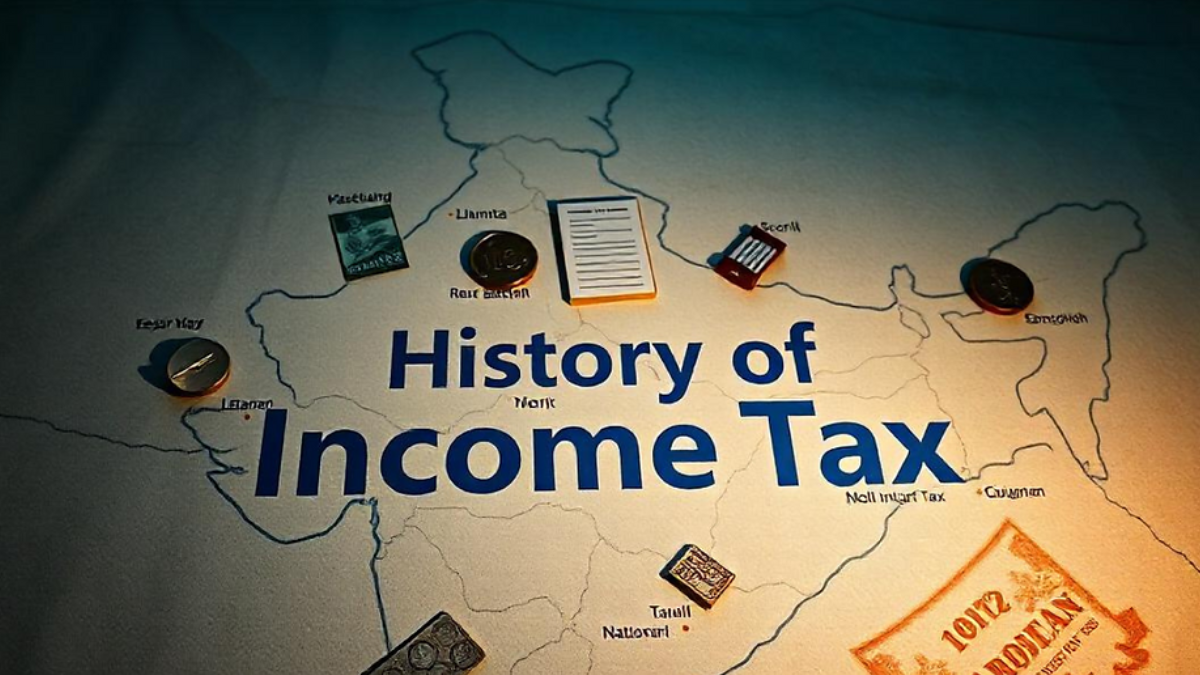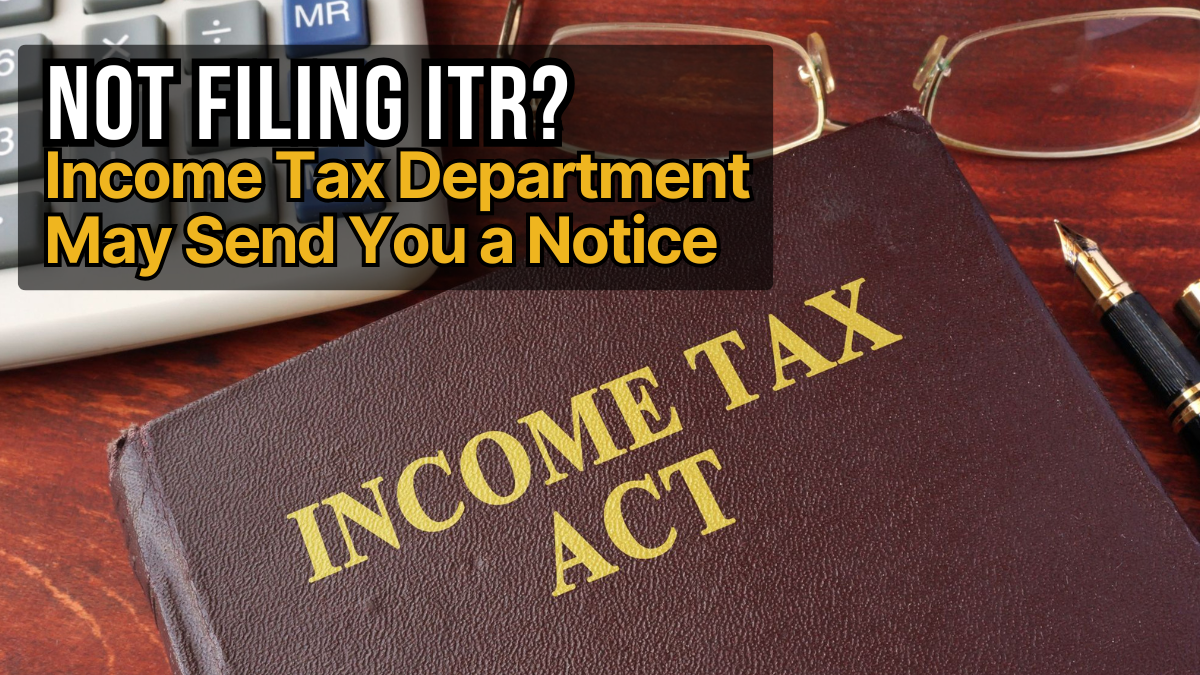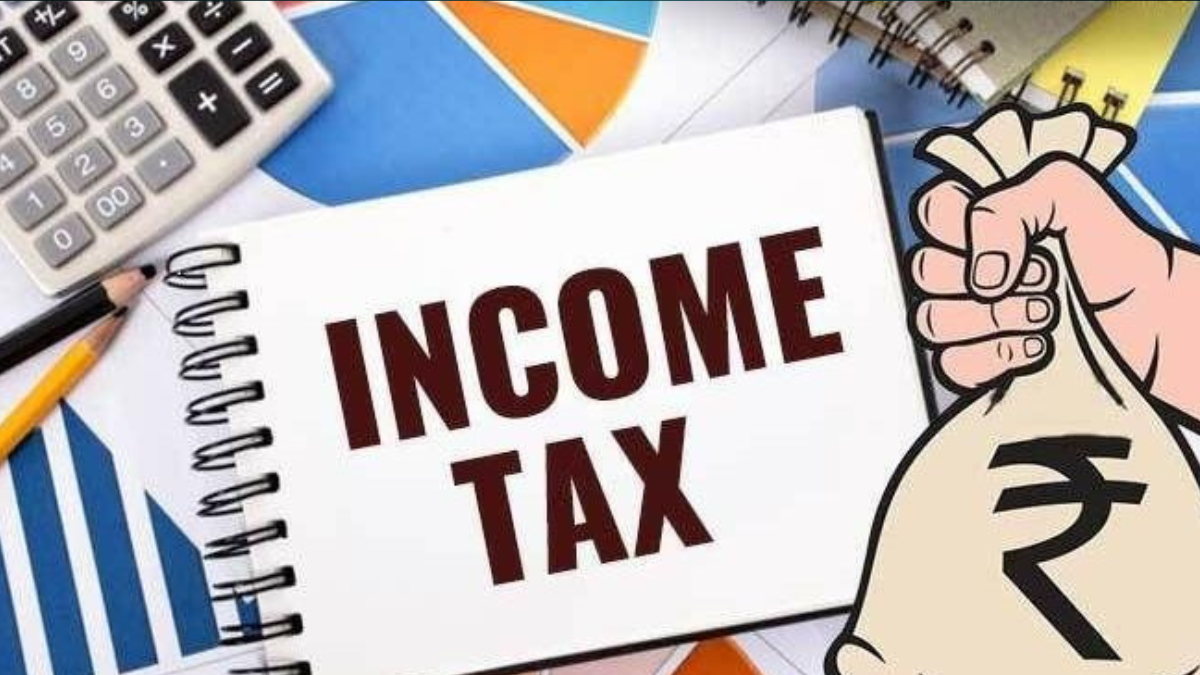Filing your Income Tax Return (ITR) on time seems straightforward, but many taxpayers wonder what happens if they miss the deadline or choose not to file at all. With over 1.23 crore people already filing their returns this year and the deadline set for September 15th, understanding the consequences of non-filing becomes crucial for every taxpayer.
The Income Tax Department doesn’t immediately send notices the day after the filing deadline passes. However, several factors determine when and why you might receive that dreaded notice in your mailbox. Whether your income falls below the exemption limit or you’re deliberately avoiding your tax obligations, the department has specific timelines and criteria for issuing notices.
Understanding these timelines can help you make informed decisions about your tax compliance and avoid unnecessary penalties or legal complications down the road.
Income Tax Notice Timelines: What You Need to Know
The Income Tax Department operates on specific timelines when issuing notices for non-filing of returns. These aren’t arbitrary dates but follow structured legal frameworks designed to give taxpayers reasonable time while ensuring compliance.
Standard Notice Periods
For most cases involving non-filing of ITR, the department can issue notices within three years from the end of the relevant assessment year. For instance, if you failed to file your return for Financial Year 2023-24 (Assessment Year 2024-25), you could receive a notice anytime until March 31, 2028.
However, this timeline extends significantly in certain circumstances. When the department has material evidence that income of Rs. 50 lakh or more has escaped assessment, notices can be issued up to ten years from the end of the relevant assessment year.
Special Cases with Extended Timelines
The department maintains even longer timelines for specific scenarios:
- Foreign assets cases: If you have undisclosed income from foreign assets, notices can arrive up to 16 years after the relevant assessment year
- High-value transactions: Cases involving significant unreported transactions may face extended scrutiny periods

Who Must File Returns Even with Low Income?
Many people assume that earning below the basic exemption limit exempts them from filing returns entirely. This assumption can lead to unexpected notices from the Income Tax Department.
Mandatory Filing Scenarios
Under the Income Tax Act, 1961, you must file returns regardless of your income level if you meet any of these criteria:
Financial Transactions:
- Total deposits in savings accounts exceed Rs. 50 lakh
- Current account deposits surpass Rs. 1 crore
- Annual electricity bill payments exceed Rs. 1 lakh
Business Activities:
- Business turnover exceeds Rs. 60 lakh annually
- Professional income crosses Rs. 10 lakh
Tax Deductions:
- TDS or TCS deducted exceeds Rs. 25,000 in a year
International Connections:
- Income from foreign assets
- Foreign travel expenses over Rs. 2 lakh annually
These thresholds exist because they indicate financial activity that warrants tax department scrutiny, regardless of your declared taxable income.
Types of Notices You Might Receive
The Income Tax Department issues different types of notices depending on your specific situation and the nature of non-compliance.
Notice Under Section 142(1)
This notice serves two primary purposes: requesting additional information from those who have filed returns, or demanding return filing from those who haven’t. The consequences of ignoring this notice include:
- Penalty of Rs. 10,000 for each failure
- Potential prosecution extending up to one year
- Both penalties and prosecution in severe cases
Notice Under Section 148
These notices address cases where the department believes income has escaped assessment. The officer must have reason to believe you’ve either understated income or failed to file returns when required.
Recent amendments in the Finance Act 2021 have modified the timelines for these notices, generally reducing the reassessment period but maintaining extended timelines for cases involving Rs. 50 lakh or more in escaped income.
Section 133(6) Notices
Under the E-Verification Scheme 2021, these notices target taxpayers where material differences exist between filed returns and data in the Annual Information Statement (AIS). Common triggers include:
- Unfiled returns despite income exceeding exemption limits
- Incorrect reporting of salary, interest income, or capital gains
- Significant expenditures compared to declared income
What Triggers an Income Tax Notice?
Understanding what catches the department’s attention can help you avoid notices altogether or prepare for them if they arrive.
Data Mismatches
The most common trigger involves discrepancies between your filed return and third-party data available to the department. This includes:
- TDS amounts not matching reported figures
- High-value transactions not reflected in returns
- Investment patterns inconsistent with declared income
Lifestyle vs. Income Analysis
The department increasingly uses lifestyle analysis to identify potential tax evaders. If your expenditures on property purchases, foreign travel, or luxury items seem disproportionate to your declared income, expect scrutiny.
Random Selection
Sometimes notices arrive through random selection processes designed to maintain general compliance levels across all taxpayer categories.
How to Respond When You Receive a Notice
Receiving an income tax notice doesn’t automatically mean you’ve done something wrong, but your response strategy matters significantly.
Immediate Steps
First, authenticate the notice using the Income Tax Department’s online verification system. Every genuine notice carries a unique Document Identification Number (DIN) that you can verify on the e-filing portal.
Next, carefully read the notice to understand exactly what information or action the department requires. Check that all personal details match your records and note the specified response timeline.
Preparing Your Response
Your response should be comprehensive and supported by relevant documents. If the notice questions unreported income, gather supporting evidence showing the source of funds or explaining any apparent discrepancies.
For lifestyle-related queries, prepare documentation showing gifts received, inheritance, loans taken, or other legitimate sources of funds used for high-value transactions.
Prevention Strategies
The best approach to income tax notices involves preventing them through proactive compliance and documentation.
Maintain Comprehensive Records
Keep detailed records of all income sources, even those below taxable limits. Document large transactions, gifts received, and any unusual financial activities that might later require explanation.
File Returns Even When Not Required
Filing returns even when your income falls below taxable limits provides several advantages:
- Creates an official record of your financial activities
- Helps in loan applications where returns serve as income proof
- Demonstrates tax compliance to authorities
- Allows claiming of TDS refunds
Regular Compliance Monitoring
Regularly review your AIS and Form 26AS to ensure all reported transactions align with your records. Address any discrepancies proactively rather than waiting for department queries.
Frequently Asked Questions
Q. Can I receive a notice if my income is below the exemption limit?
A. Yes, if you meet any of the specified criteria such as high-value transactions, significant bank deposits, or foreign income, you may receive notices regardless of your total taxable income.
Q. How long do I have to respond to an income tax notice?
A. Response timelines vary by notice type, typically ranging from 15 to 30 days. Always check the specific deadline mentioned in your notice and respond before that date.
Q. What happens if I ignore an income tax notice?
A. Ignoring notices can result in penalties, interest charges, prosecution, and adverse assessment orders. The department may proceed with assessment based on available information without your input.
Q. Can I file returns after receiving a notice for non-filing?
A. Yes, you can file returns even after receiving notices, though you may face penalties for late filing. Filing and paying any due taxes often reduces further complications.
Taking Action: Your Next Steps
Income tax notices for non-filing don’t arrive randomly or immediately after deadlines pass. The department follows specific timelines and criteria that give taxpayers reasonable opportunities to comply voluntarily.
Understanding these timelines helps you make informed decisions about when to file returns, how to maintain proper documentation, and what to expect if notices do arrive. Remember that filing returns, even when not strictly required, often provides more benefits than risks.
If you’re currently behind on filing requirements or have received a notice, don’t panic. Gather your documentation, verify the notice’s authenticity, and respond promptly with complete information. Professional help from tax experts can prove invaluable in navigating complex situations and ensuring compliance with all requirements.
The key lies in proactive compliance rather than reactive damage control. Start organizing your tax affairs today to avoid future complications.
For More Information Click HERE
